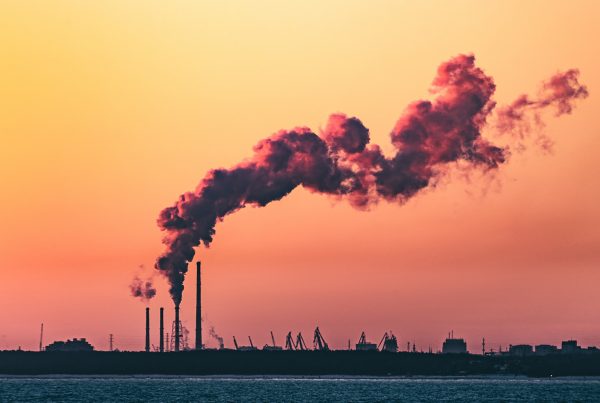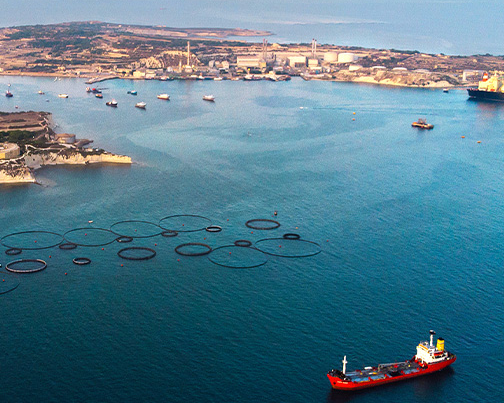The ‘green economy’ has emerged as a priority in policy debates in recent years. Certain key objectives and targets have been set out by the EU in its environmental policy and legislation, covering the period of 2010 to 2050. The transition towards a ‘green economy’ focuses on selected environmental and resource policy areas, namely energy, air quality and pollution, transport, waste, water, sustainable consumption and production (‘SCP’), chemicals, biodiversity, and land use.
The Green Economy
The ‘green economy’ plan is one in which environmental, economic and social policies and innovations will enable society to use resources more efficiently, whilst enhancing the well-being of humans in an inclusive manner and maintaining natural systems.
A twin challenge is envisaged in the ‘green economy’ concept:
- Become more resource-efficient: focus on the economy, finding ways on how to increase prosperity without increasing resource use and environmental impacts; and
- Achieving sustainability by maintaining ecosystem resilience: resource efficiency will not guarantee steady or declining resource use and therefore, in order to achieve sustainability, there must be specific focus on maintaining ecosystem resilience, pertaining to the status, trends and limits of natural systems.
In December 2020, the EU leaders agreed on the European Union’s long-term budget for the period of 2021 to 2027. The EU long-term budget, together with ‘NextGenerationEU’, the temporary instrument designed to boost the recovery, form the largest stimulus package ever financed through the EU budget, of €1.8 trillion, to support citizens, companies and regions most affected by the corona crisis.
30% of the EU budget will be allocated to make Europe greener and more digital; the highest share of the largest European budget ever. And we’re so excited about this!
Recent Posts / View All Posts



Green Deal Malta is a non-political platform, which is not affiliated with any public or Governmental body.

